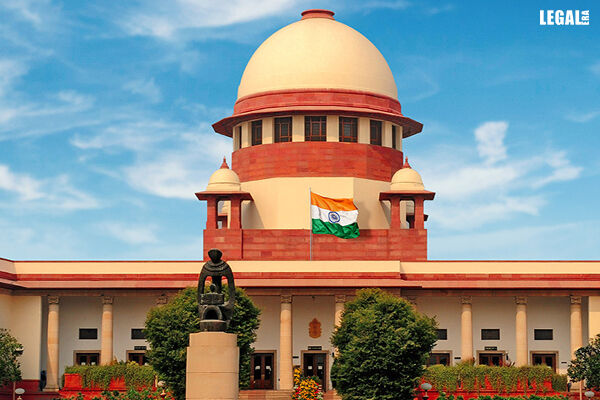
In a historic ruling, the Supreme Court on Monday upheld the right of visually impaired individuals to be appointed to judicial services, stating that disability cannot be a ground for exclusion. The apex court struck down a rule set by the Madhya Pradesh government that restricted such appointments, declaring it unconstitutional. The court emphasised that barring visually impaired candidates from judicial services is a violation of their fundamental rights. It stated that no one can be denied the opportunity to serve as a judge solely based on disability.
The verdict was delivered by a bench comprising Justice JB Pardiwala and Justice R Mahadevan while hearing a batch of petitions, including a suo motu case concerning the denial of reservations to such candidates in judicial services across certain states. While pronouncing the verdict, Justice Mahadevan emphasised the significance of the case, stating, “We have treated it as the most important case. We have touched upon the constitutional framework and institutional disability jurisprudence.”
The Court contended that persons with disabilities must not face discrimination in judicial services and urged the State to implement affirmative action to foster an inclusive system. It categorically stated, “No candidate can be denied such an opportunity solely on account of disability.”